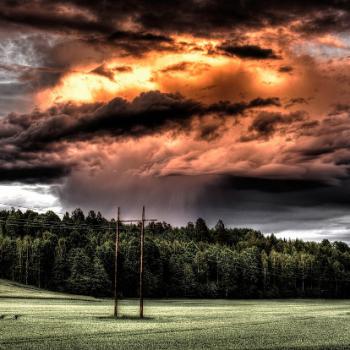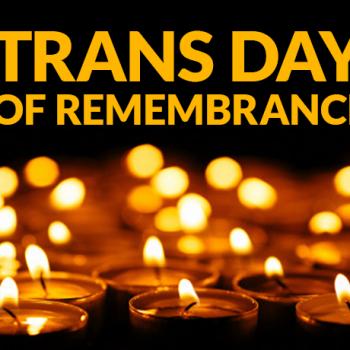
In a world where women face discrimination, sexism, and misogyny we frequently find ourselves faced with day to day dilemmas on how to best respond to women’s issues within our collective spaces.
What is appropriate? What is not? Can one thing which empowers one person disenfranchise another and if so, how do we best handle that?
First of all, let’s boil this down to its barest essence: feminism is the empowerment of women, fighting back against discrimination, sexism, and misogyny, and the dismantling of the toxic patriarchy that negatively impacts everyone regardless of gender identity. If what you’re doing is being true to yourself without negatively impacting other people’s rights, you’re probably good to go.
Let’s have some examples so it’s clear what I mean:
- Yes, you can still like traditionally “feminine” things. It’s totally like to like pink, honor and worship mostly if not entirely goddesses, wear makeup in circle, or pray and/or do magic for both love and sex to be in your life. You can even honor love and fertility goddesses. Go wild! Do you!
- Yes, you can still enjoy and celebrate motherhood. Not everyone wants to be moms, but it doesn’t mean that making that choice for yourself isn’t empowering either. For some, it’s deeply meaningful to them and enables them to see a part of their lives as being sacred and connected with their spirituality. It doesn’t mean everyone has to be moms in order to be empowered women, but it also doesn’t mean moms can’t be empowered women either.
- Yes, you can still attend circles that honor your vulva or get down to being all about your sacred womb. That’s totally fine to have your own space for that if you find that sort of thing empowering. Not everyone does or will, or has these things and yet is still a woman but it doesn’t make it wrong to do in your own space and time either. I attend geek women spaces but that doesn’t mean all women have to be geeks. We can all have these things in our own circles.
So, what did all of these examples have in common? Here’s a good list:
- They were about something that was important to a particular individual’s sense of what is meaningful to them without judgment on either side.
- They weren’t exclusionary in the sense that they claimed to be “all of femininity” or what defines being female for all women.
- They were about being true to yourself versus letting others define you, while at the same time not trying to define others either.
Feminism is about being yourself in addition to having basic human rights. It shouldn’t be just about surviving, but also about thriving. There’s no wrong way to be a woman or to honor your spirituality as a woman. But how do we handle being in traditions that have roots in misogyny, sexism, homophobia, and transphobia? I don’t feel like there’s any single bullet point that would solve this problem beyond making sure that you are super clear on the following:
- If you’re a white woman, you need to fight for other women who aren’t white as they have less privileges and societal advantages than you do. And feminism without them isn’t feminism at all, it’s white supremacy and supporting the patriarchy. Those two go hand in hand. This means being mindful of cultural appropriation and taking the time to listen to the concerns of women of color, especially black women and Natives.
- If you’re a cis woman, you need to fight for other women who are intersex, trans, have medical issues, or otherwise face discrimination due to the continued policing of the patriarchy of our bodies. An excellent example of this point and the one above is the cis gendered female black athlete facing discrimination because her body produces more testosterone than the average woman. This is why transmisogyny and misogynoir are just simply examples of more misogyny. And it hurts us all.
- If you’re a man and you want to help out women, listen to their concerns and when you hear and see other men being less than helpful, point it out to them. They may not listen to us but they’ll be a lot more likely to listen to you.
- If you come from a tradition that has dubious and sketchy roots in sexism, racism, etc. versus sweeping it under the rug, acknowledge and teach that history but also teach what you’re doing better. How are you moving on from those beginnings? What’s wrong about them and why is it obviously so bad? What are you taking from it and what are you changing in order to bring it into the twenty-first century?
- It’s okay to rethink things and forms such as the Maiden-Mother-Crone model and not define women based on their fertility status. What is empowering for you may not be empowering for others. There have been plenty of women who have been hurt by this idea and wondered if they were any less magical or spiritual due to having a womb or a uterus, not having their period, having any sort of medical condition which interferes with their fertility status. So while having these things for you may be great, please be thoughtful and kind to those for whom it impacts. We can do both and be inclusive without hurting others.
In short, the only bad feminist is the one who denies other women their rights and personal autonomy based on things such as their anatomy, race, nationality, sexual orientation, and/or disability. And in allowing others into our circle and not rigidly restricting women (or anyone!) based on patriarchal notions of gender, we can fight for everyone while celebrating our own uniqueness.












